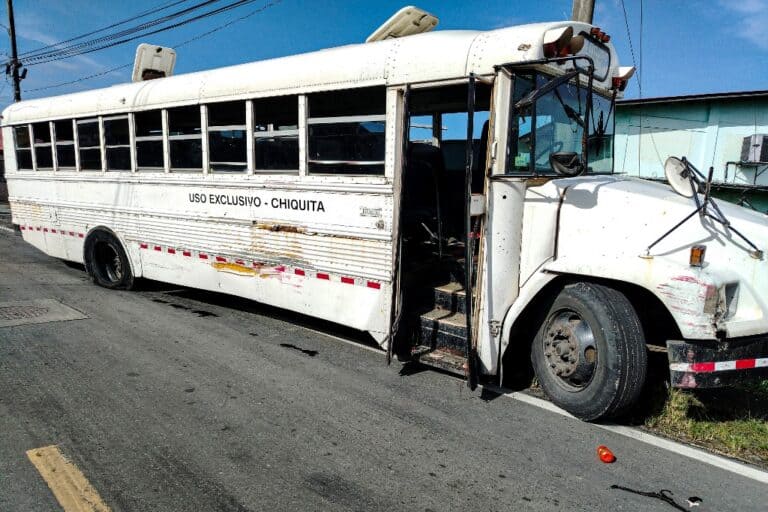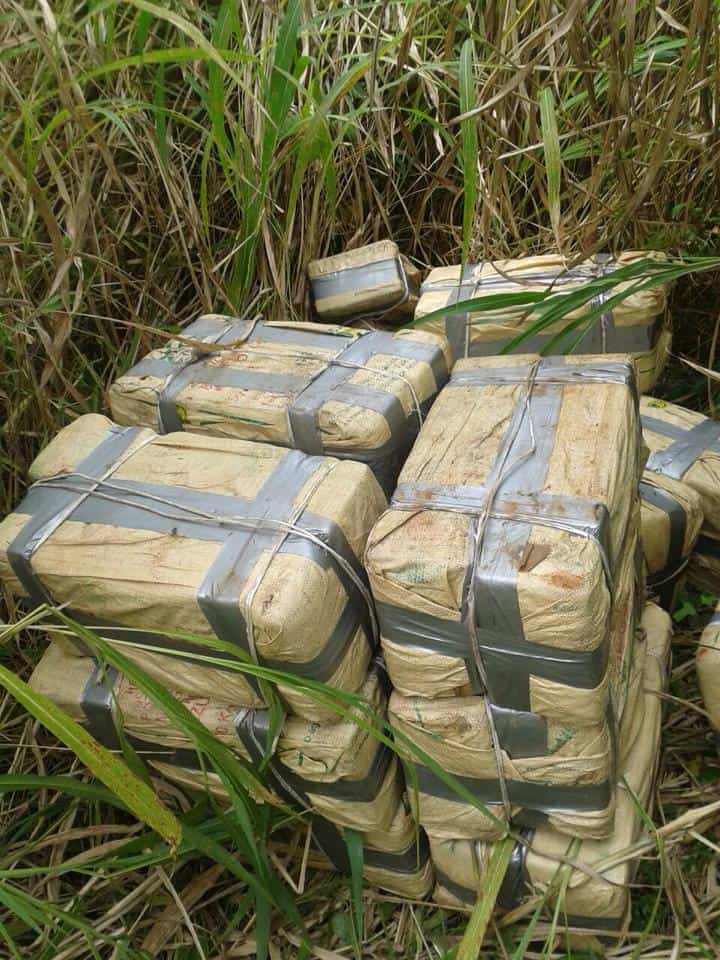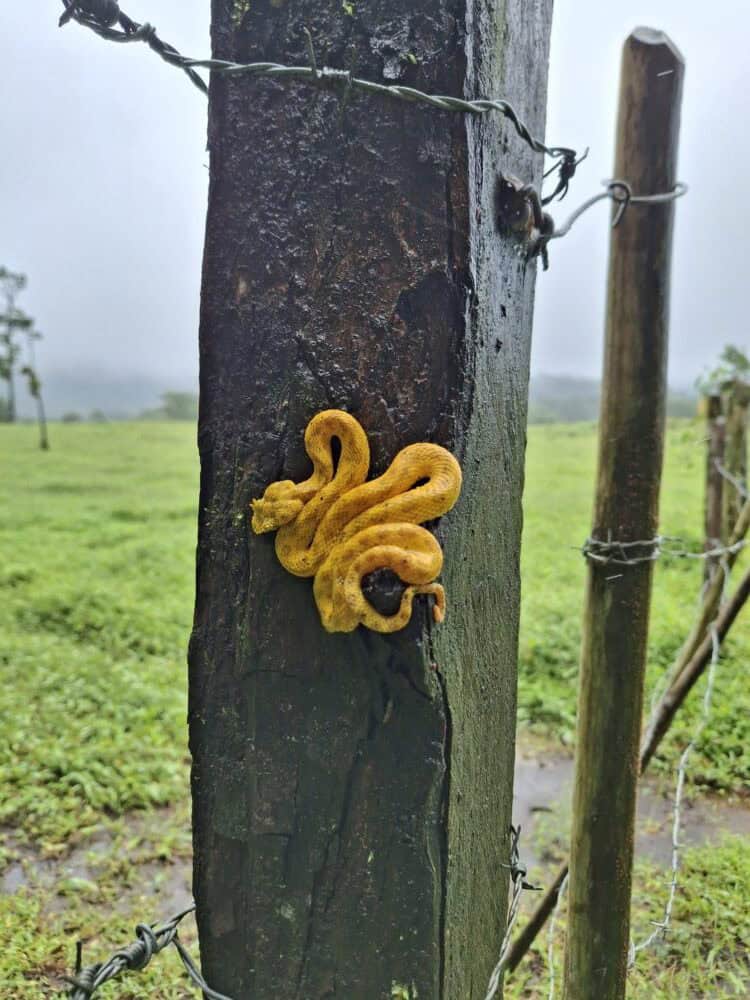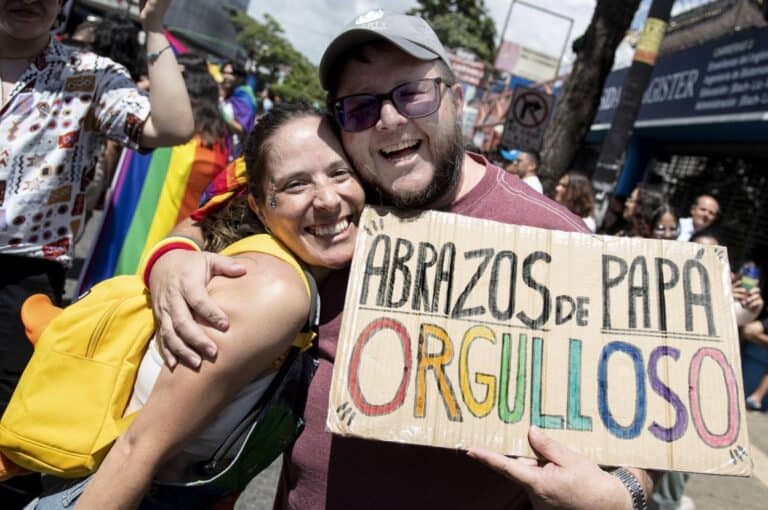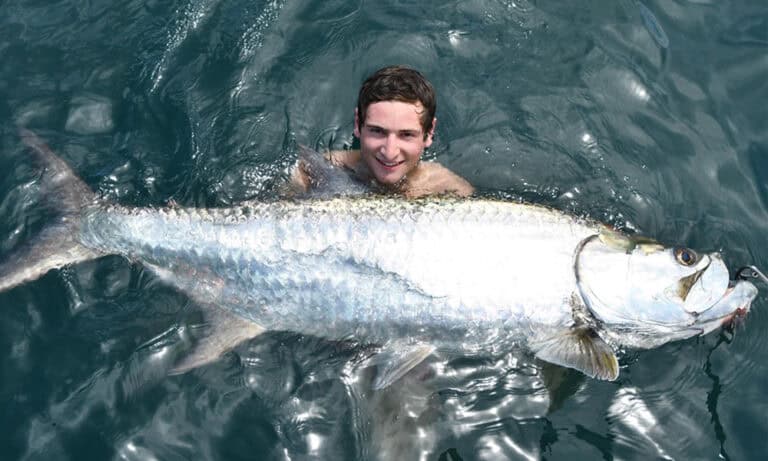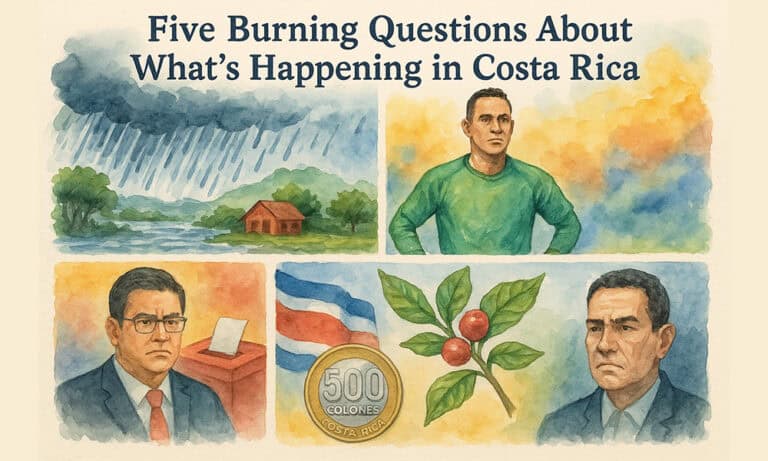Costa Rica’s Barra del Colorado is a magical and charming town. It’s one of the country’s hidden gems, best known for its world-class sport fishing, rich biodiversity, and deep cultural roots. Once a thriving village built on the backs of the fishing, timber, and banana industries, Barra has now shifted to eco-tourism and sport fishing.
Barra’s Rich Cultural History
For longtime residents like Don Francisco and Don Guillermo, the memories of an emerging bustling community, are vivid.
“This place worked 24 hours a day for 15 years straight,” they recalled. At its peak, the village had multiple sawmills and a steady flow of boats shipping timber and bananas to Cuba, Puerto Rico, and the United States. The area first became populated in the mid-20th century by Nicaraguan and Colombian migrants, many of whom stayed after failed canal projects or maritime misfortunes.
The economic decline began after the Cuban Revolution, when Cuban businessmen pulled out and left unfinished ventures behind. Despite the downturn, the village maintained its strong community spirit. Electricity only arrived in the early 2000s, and doctors used to fly in by small plane once a month. Residents relied on salting or smoking meat, and ice was imported from Limón by boat.
In the 1980s and 1990s, eco-tourism and sport fishing opened a new chapter for Barra del Colorado. Pioneers like Carlos Barrantes and Bernardo Monge began building lodges, attracting international anglers eager to catch tarpon and snook. This transformed Barra, and small family-owned businesses began opening to meet the growing demand.
In Barra, just like in many small Costa Rican towns, everyone knows each other, adding to its homey feel. Friendliness characterizes its locals, who always welcome travelers with a warm smile. Despite facing many hardships, the people of Barra have managed to transform their hometown into a model for sustainable tourism.
An Untouched Natural Paradise
Barra del Colorado is the perfect place to live an authentic Costa Rican experience. As one of the most remote areas of Costa Rica, it’s ideal for travelers who want to escape the hustle and bustle of everyday life, while also avoiding large tourist crowds. Sport fishing is, without a doubt, its main attraction. Those who love this activity can enjoy hours in one of the world’s most renowned places for tarpon fishing. The peace, the sounds of nature, fresh air, and connection to the ocean make the experience truly unique.
Yet, the region is a combination of rivers, canals, mangroves, and rainforest teeming with wildlife. It’s the habitat of the endangered manatee, as well as caimans, crocodiles, and a variety of fish. Also present are tapirs, jaguars, cougars, monkeys, ocelots, and many other mammals.
Bird lovers will be enchanted by species with striking colors, such as the rainbow-billed toucan, black warbler, green macaw, parrot, trogon or surucúa, osprey, neotropical cormorant, blue heron, tricolored heron, white hawk, moorhen, and red-fronted parrot.
Whether you love fishing, relaxing, or want to immerse yourself in Costa Rica’s magnificent natural paradise, Barra del Colorado offers an unforgettable experience.
Planning Your Visit
Getting to Barra del Colorado used to require a great effort, but the payoff was always worth it. Since there are no roads (so no cars either) you had to drive to Puerto Lindo, leave your vehicle there along, and then take a water taxi to Barra on the Colorado River.
The other options were and still are, charter flights from San José (which can be pricey) or domestic flights with Sansa to Tortuguero followed by an hour and a half boat ride to Barra.
Now, that has all changed. The team at Tarpon Land Lodge (Tarponlandlodge.com) in conjunction with Sansa Airlines are offering Barra as a stop on their flights to and from Tortuguero and Limon! The cost? Just $150 each way! Flights originate in San Jose and require more than one passenger. For more information and to book your flight you need to contact Josue at Tarpon Land Lodge since they are the exclusive booking office for the entire village.
Josue can also help you with information on fishing trips, nature excursions and things to see and do in the last untouched corner of Costa Rica. You can contact him at: +506 8842 7177 or +506 8818 9921

